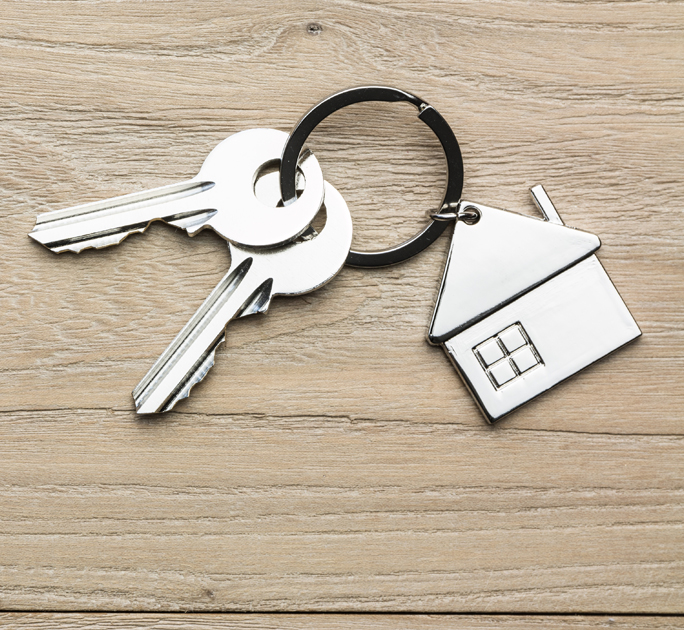It is important for a landlord to protect his/her assets with fire insurance, home insurance and third-party liability insurance. However, as a tenant, is it necessary to buy additional policies to protect against accidental property damage? In the following 8 questions, we examine the needs for a tenant to buy additional home care:
1. Why would a tenant need a home insurance?
Home accidents occur day to day. When browsing the internet, you will see many stories of housing windows dangerously falling on to the streets, or short circuit from small appliances that causes fire. Most people think that these types of problems are covered by the landlord’s insurance policies. However, this is a common misunderstanding as in the event of accident due to negligence that results in injury of a third party or property damage, both the tenant and landlord may need to bear legal responsibility. Under these circumstances, it would be beneficial for the tenant to also purchase household and third party liability insurance to ensure their protection.
2. How does home insurance / third party insurance benefit me?
A lot of home rental contract states that the tenant is responsible for all the fixed installations and furnishing in the rented unit. Imagine in the event of fire, explosion, storm or typhoon that the housing equipment are damaged where the tenant may need to compensate the landlord, with home insurance, you can transfer these risks to the insurance company.
Also in other situation such that housing window malfunctioned and fell out of its place that may cause injury or property damaged to a third party, the compensation involved could be so enormous that results in heavy debt or bankruptcy, with third party liability insurance, you can protect yourself against these risks.
3. Tenants VS Landlords - What kind of insurance is needed for full protection?
Whether you are a self-owned landlord, a rented landlord or a tenant, home insurance and third party liability insurance is important. Fire insurance should be purchased by the home owner, especially if you plan to rent it out. For landlords, there is also protection plan specifically for landlords. This protects you against troublesome tenants which may cause you a loss in rent.
4. What does Home Insurance protect against?
If your household property is exposed to fire, typhoon, explosion, theft, flooding, landslip, subsidence, burst of water pipes or other accidents, general home insurance can provide coverage for your lost or damaged home contents. However, it should be noted that the general home insurance plan will indicate the amount of insurability. Therefore, always read your insurance policy carefully.
5. Does Home Insurance only cover property at home?
Home insurance does not just cover your family’s belongings at home, but also to other everyday items that can be classified as “Worldwide Personal Belongings and Valuables”. These may be items that you carry with you every day. For example if a purse is stolen, as long as you immediately file a report at a police station, it can be claimed from your home insurance plan.
6. How are home insurance premiums calculated?
Home insurance is generally calculated based on the floor area of the home. Policy holders can also select different kinds of coverage. The higher the amount of protection, the higher the premium.
7. What are the most common missed out items when buying insurance?
Different home insurance plans come with different coverage and terms and conditions. It is important to read carefully whether or not things like pets, mobile phones, plants and other items not typical in standard plans are included. As long as you communicate what you need covered, your insurance agent will be happy to help.
8. Are there any alternative insurance plans in the market?
There are a wide range of different home insurance plans on the market. All offering different unique coverages such as frozen food and beverage protection or outside door locks, window and key reset protection, and others. It is important that you read carefully to see that the things you need covered are there, and you are not inflating your premiums for coverage that you may not need.
It is better to buy a insurance plan that covers what you need exactly, rather than going for multiple insurance plans which offer very high coverage. It is not true that more insurance is equal to more coverage, usually it just means more premiums!
Article source link: GoBear






